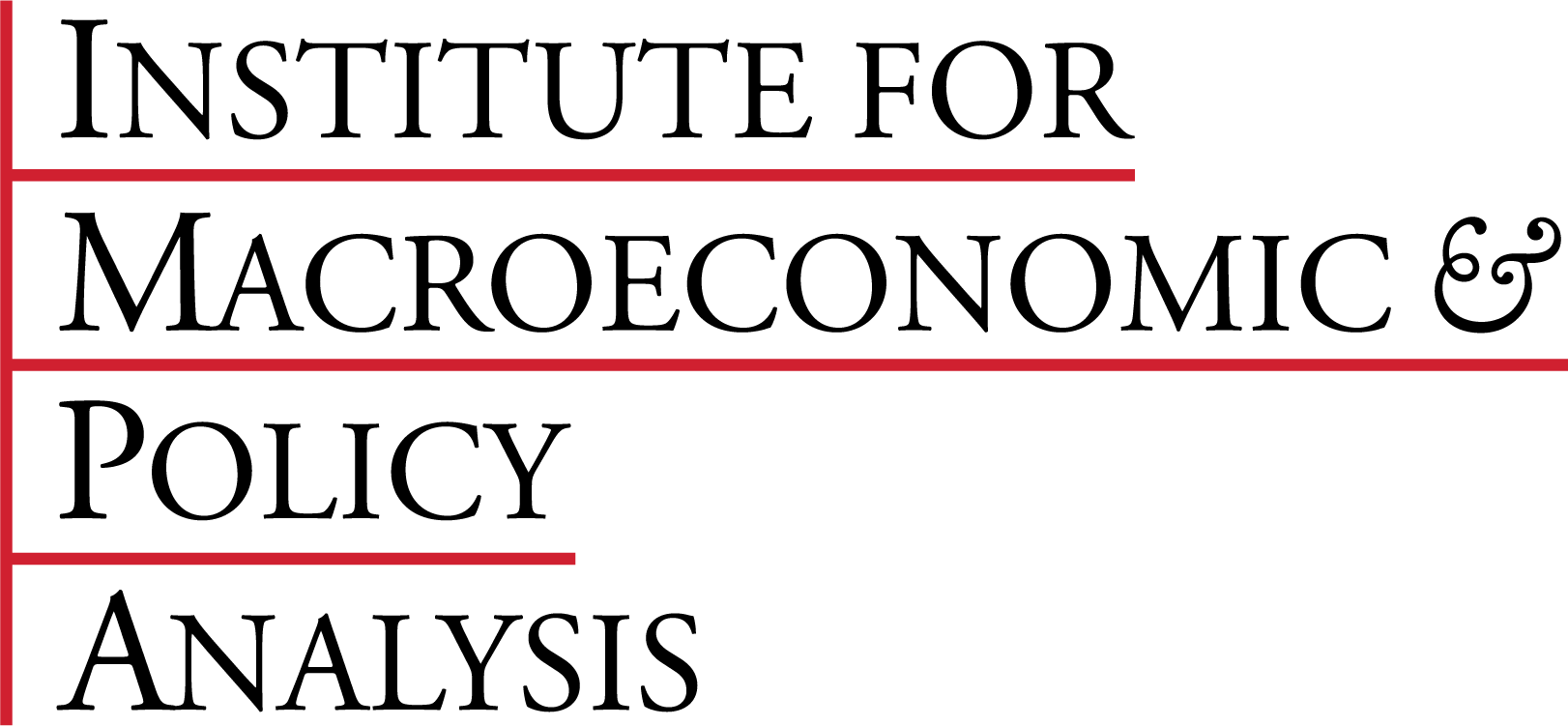This closed-door convening brought together experts from academia and policy circles to explore the design of a corporate tax system that effectively balances efficiency and equity. Hosted by the Institute for Macroeconomic Policy Analysis and co-organized with the Roosevelt Institute, the event focused on strategies for crafting a truly pro-competition corporate income tax framework. A central focus was the economic rationale for taxing the excess profits of large U.S. businesses. Participants examined how the corporate tax code can sometimes exacerbate harmful market concentration and discussed how the effective taxation of excess corporate profits—or business rents—could generate positive economic outcomes. Drawing on economic theory and lessons from historical and contemporary examples of excess profit taxation, the group explored various design options to develop a corporate income tax system capable of raising revenue, enhancing tax fairness, and promoting fair market competition.
To find out more, read the revised version of the discussion guide for the convening, Taxing Excessive Profits: Designing a Pro-Competition Corporate Tax System.

